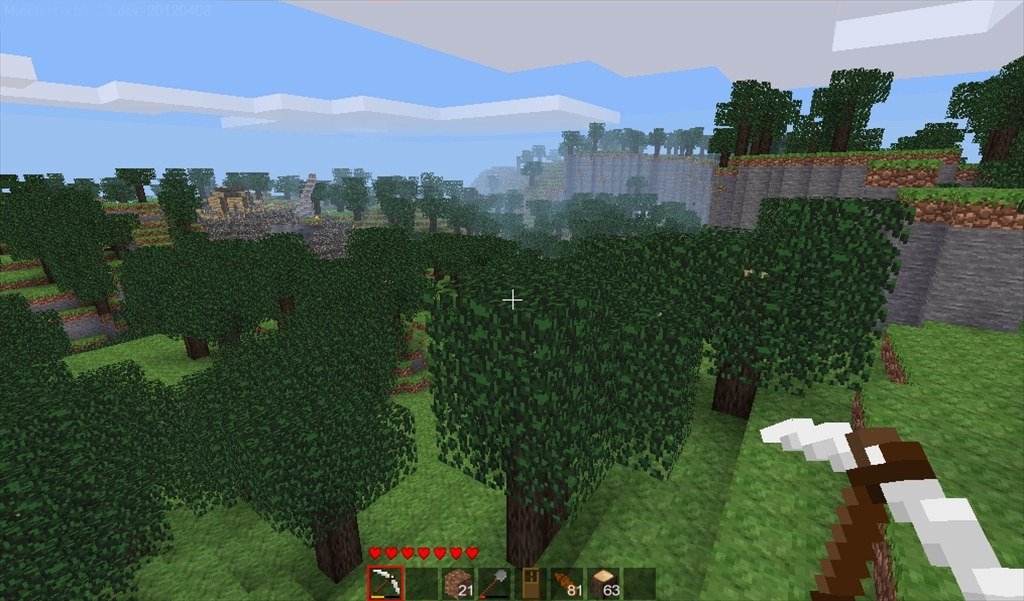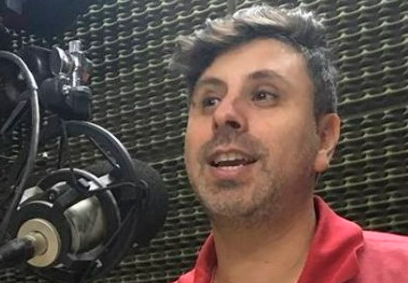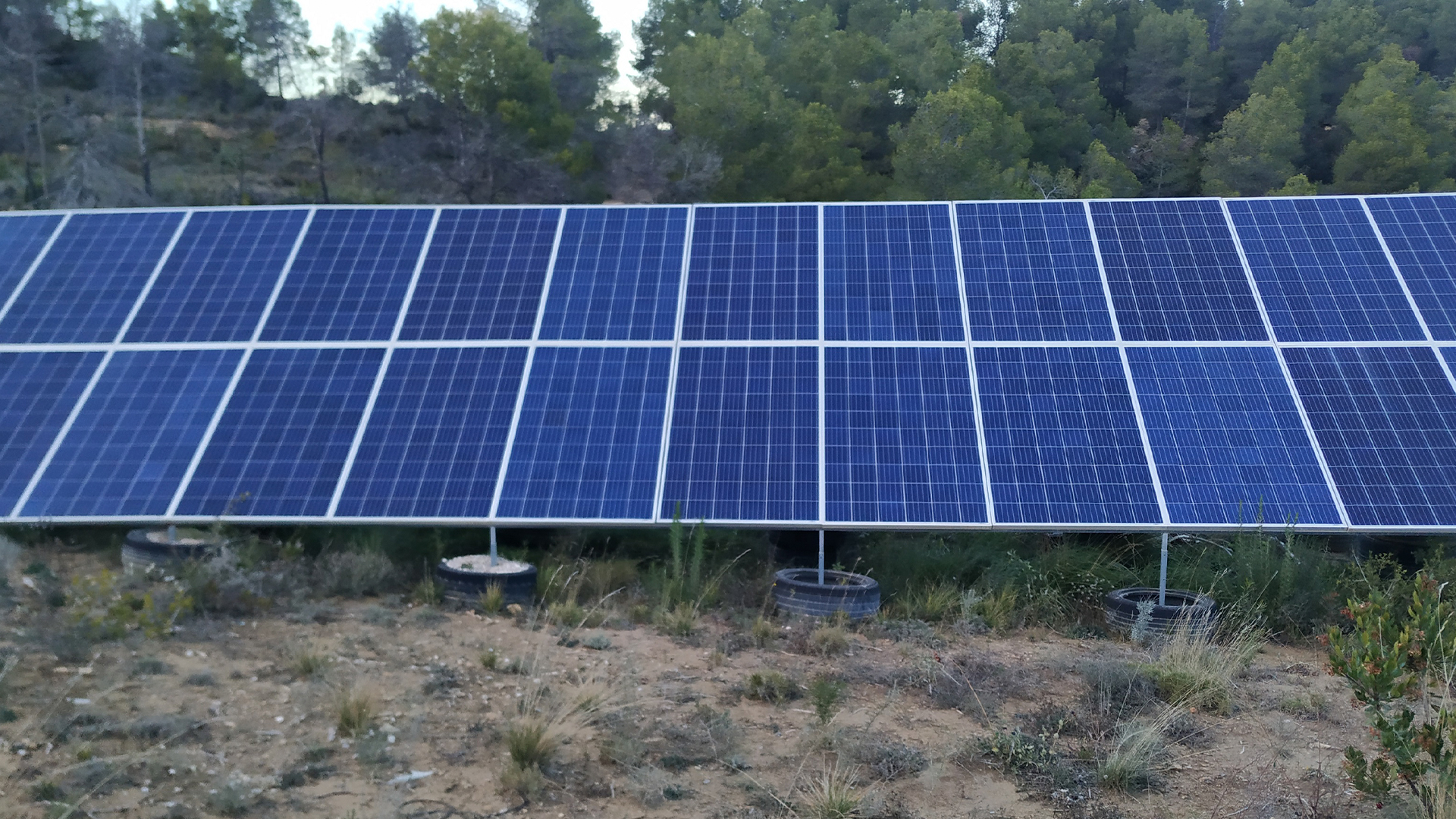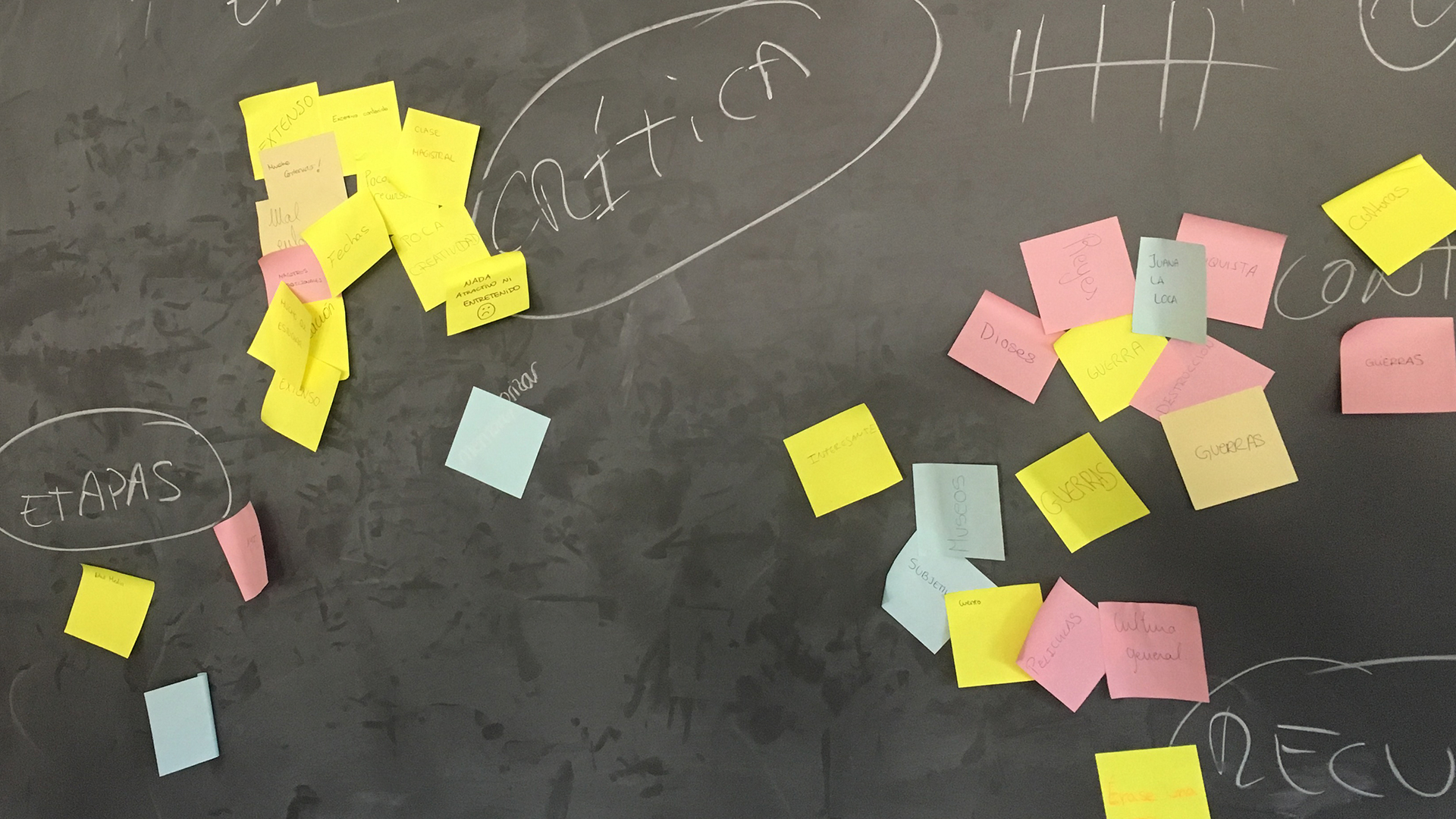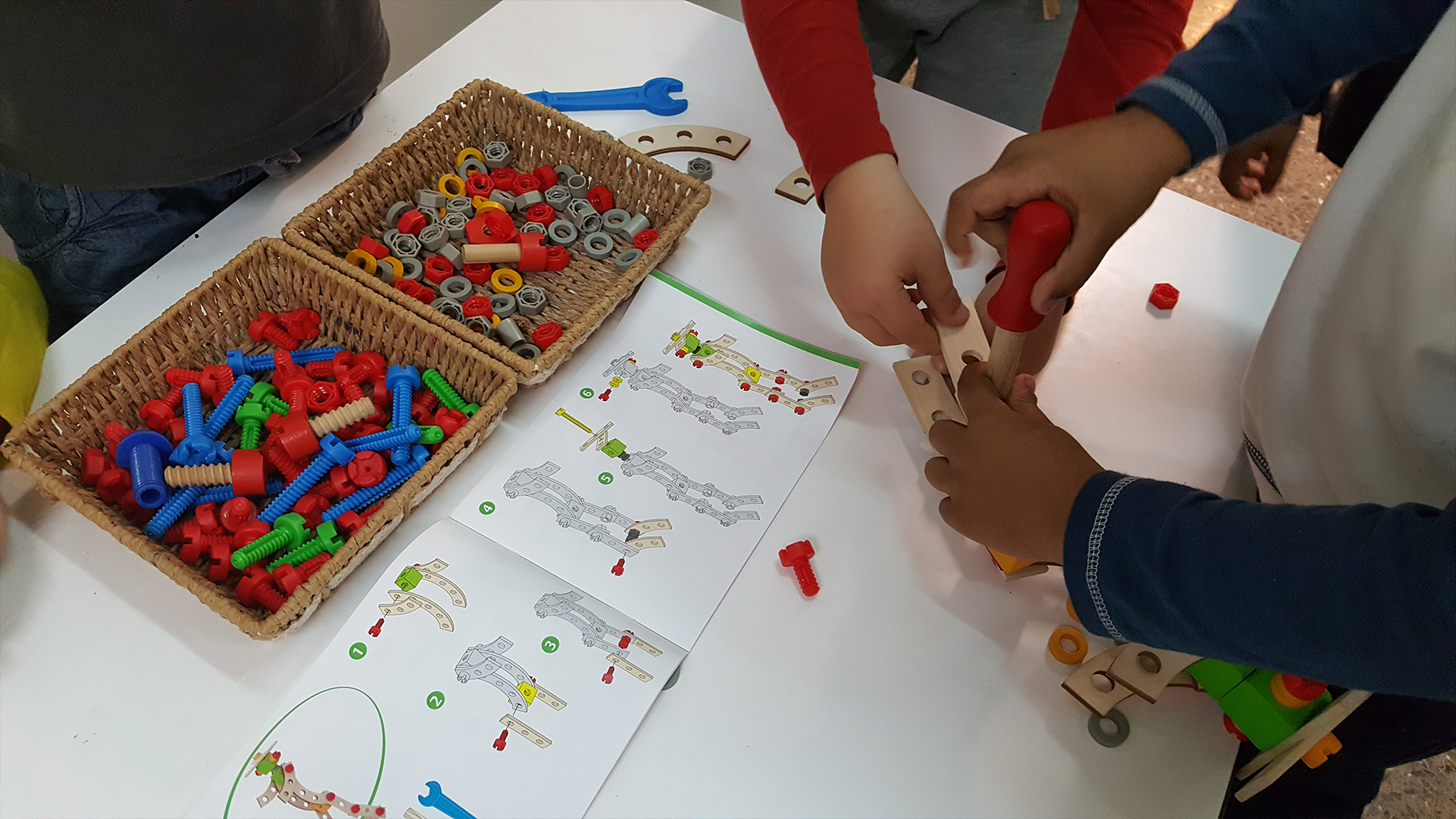Project: Flag Memorial in Minetest / Minecraft
Context
A common debate in education relates to the circumstances that damage the quality of teaching and learning processes. Among the multiple factors, there is a resistance to change, as if students would leave their reality behind once they enter the school. Talking to students and getting to know them will make it possible to design educational experiences that are closer to their reality. Bringing children’s digital culture to school culture: bringing video games into the classroom and trying to relate them to school learning.
Highlights...
Objectives
Didactic sequence
Verify available devices in the school and download the software: Minetest - free download
Use 2 sessions to give children a general training on Minetest with free games.
Use 5 sessions to implement what they learnt with a teaching proposal.
Exhibit the open-worlds they built in class using Minetest.
Assessment and conclusions
Successes
Things to improve
Identify educational possibilities to construct open-worlds in their teaching area
Use the basic resources of the game
Design an educational experience
Guide and support the implementation process of open-worlds.
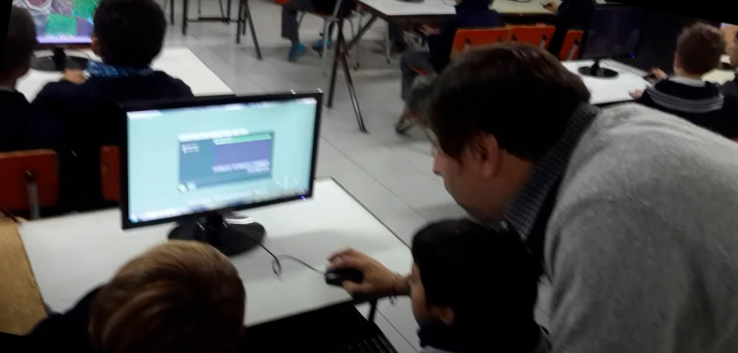
Take this experience to your classroom!
Tips to adapt the experience to your classroom
Be aware
You don´t need to know everything
Rely on
Search
Design
Resources and materials
Pedagogical links
Technical links

